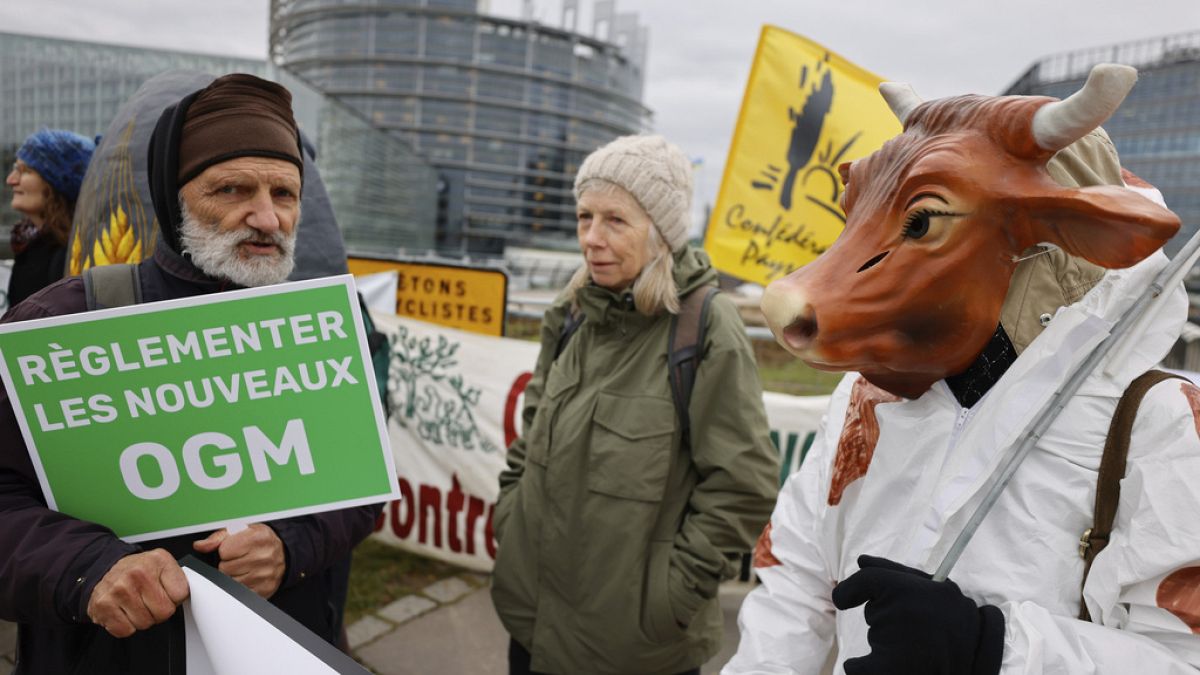Anna Hall says, when she’s looking to make a big purchase, she’ll often wait for sales events like Black Friday, to see if she can get a better discount.
So she was surprised to see that an oven she had been looking at, at Smith City, which had previously been for sale at $2399, is now being promoted as on $2719.20 with an alleged recommended retail price of more than $3000.
“I was pretty horrified to see they’d put the price up for Black Friday, which seemed bizarre.”
She says if she had just gone in and taken the price at face value, she might have thought she was getting a good deal.
Smiths City says the $2399 promotion has ended and the full RRP of the product is the correct amount.
Consumer NZ spokesperson Abby Damen said it was something her organisation hears about relatively often.
“Ultimately businesses can charge what they like but they can’t mislead you. The line gets super blurry at a time like now when we’re rushing towards Christmas. People are financially squeezed and there’s so much hype… it can be hard to determine whether that price you’re seeing is a good deal.”
She said specials needed to be a genuine opportunity to save, and for a limited time.
Bodo Lang, a marketing expert at Massey University, said it was possible that there could be more Black Friday sales this year, given how tough the environment has been for shops recently.
“If retailers cannot sell enough stock in non-sale periods, they will likely double down during sales periods. So we may some ‘super sales’ for Black Friday and, a little further ahead, Boxing Day sales.
“Retailers offering steep discounts will, of course, likely increase consumers’ resistance to buying products when they are not on sale, thus potentially worsening retailers’ profits.
“However, there are exceptions to this, such as retailers who are selling items that have to be bought at a particular time-such as replacing a fridge that has stopped working. For such urgent replacement purchases, which are the minority of purchases we make, consumers won’t wait for sales; they are more likely to buy the item when and where they need it,” Lang said.
“At the other end of the spectrum are items that are not so much needed but wanted. This is likely the majority of purchases that some consumers make. In such cases, retailers’ sales promotions will result in additional purchases that otherwise would not have occurred.”
Gavin Male, chief executive of price comparison site PriceSpy, said people should ask shops to price match items if they saw them cheaper elsewhere.
As for Hall, she said it was a good reminder to shoppers to check the discounts offered were really a good price.
“It’s one thing if it’s the same price but to actually make it significantly, like $300 more on the supposed Black Friday sale seems really wrong.”















